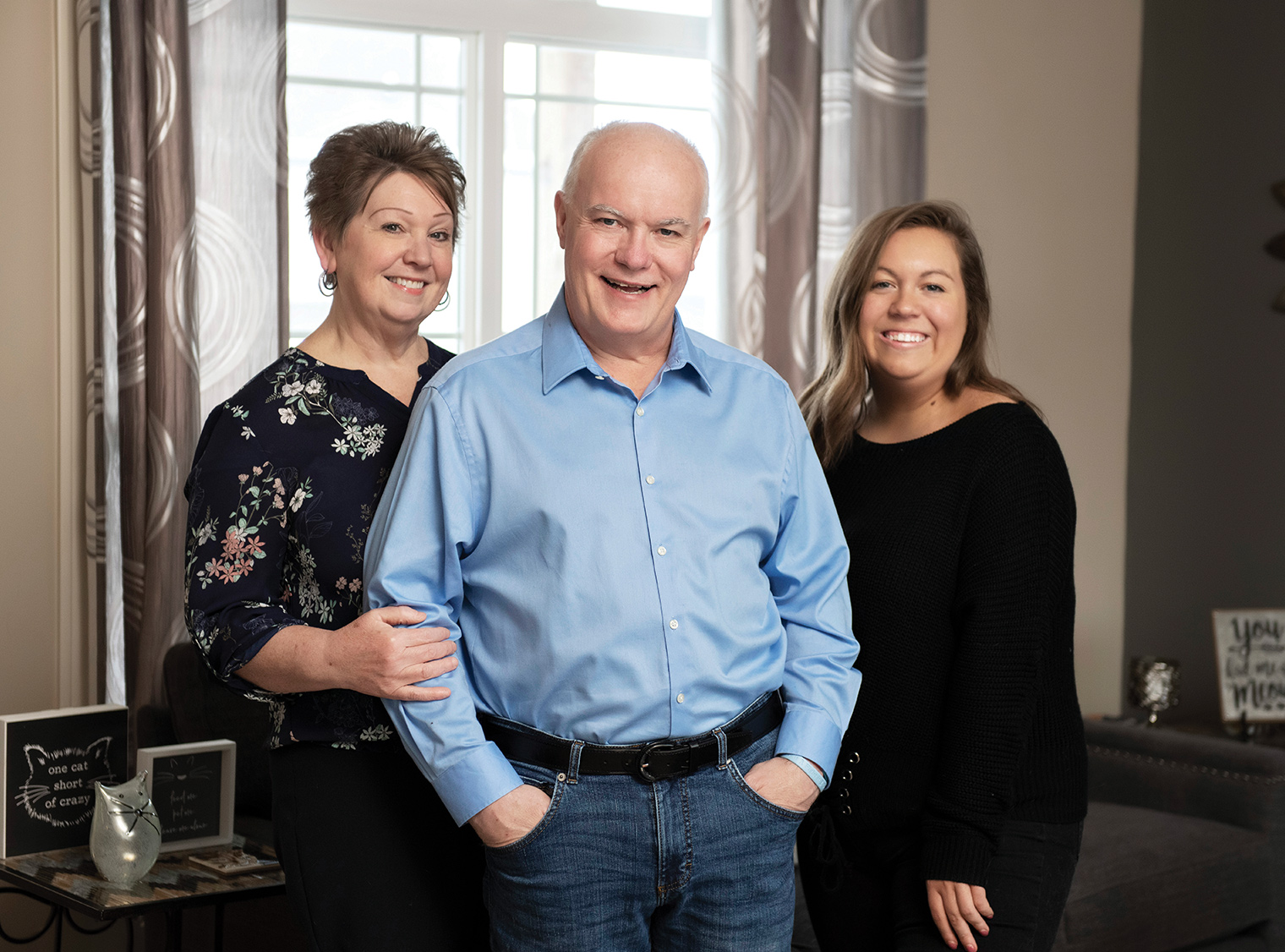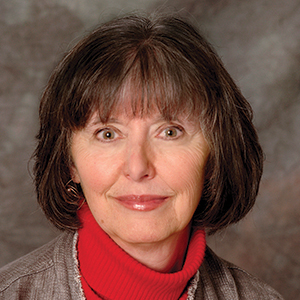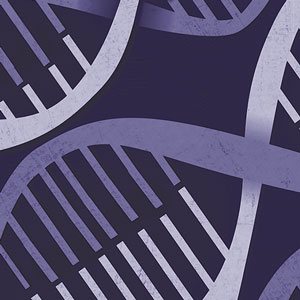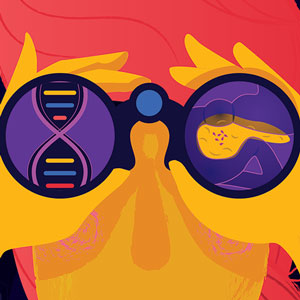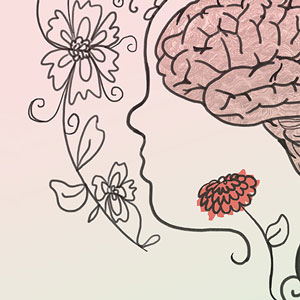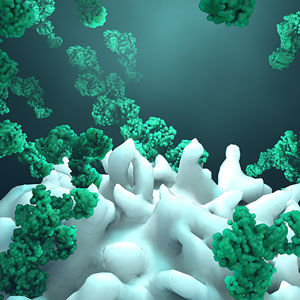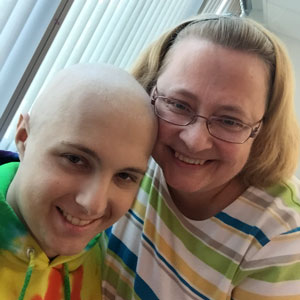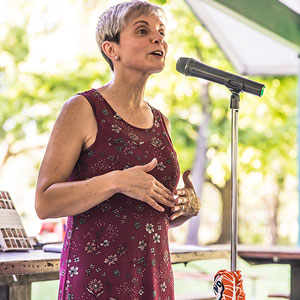Spring 2020 Vol. 10 Issue 01
-
From the Editor-in-Chief
Cancer Epigenetics: Disorganization Drives DysfunctionEmerging insights into epigenetic abnormalities in cancer cells may lead to better cancer outcomes.
by William G. Nelson, MD, PhD
-
Forward Look
Cryoablation May Be a Treatment Option for Some Patients | Getting Help to Avoid Financial Distress | Makers of E-Cigarettes Tout Role in Smoking Cessation | Managing Opioid-Related Constipation | More Options to Prevent Blood Clots in High-Risk Cancer Patients | New Guidelines for Radiation Therapy in Pancreatic Cancer | What’s Next? Spring 2020
-
Your Cancer Guide
Weighing Treatment Options for Advanced CancerPatients with metastatic disease need to carefully consider risks and benefits of therapies within the context of their goals.
by Hester Hill Schnipper
-
Caregiving With Confidence
Strategies for Effective CommunicationWhen families work together to provide care for a loved one, communicating can become a challenge.
by Ashley Jones
-
Policy Matters
Taking Steps to Address Cancer Health DisparitiesCancer outcomes are changing for the better, but advances are not affecting all patients equally.
by Brian Rivers, PhD
-
Can CRISPR Deliver?
A gene-editing tool called CRISPR holds promise for treating cancer. What does the new technology mean for patients?
by Stephen Ornes
-
The Puzzle of Pancreatic Cancer
Pancreatic cancer remains a difficult disease to treat and is expected to be the second leading cause of U.S. cancer-related deaths by 2030. Researchers hope clinical trials and insights into the genetics of the disease will reverse the trend.
by Kendall K. Morgan
-
Survivor Profile
A Driving ForceMark Good uses every avenue to spread the news about prostate cancer.
by Lindsey Konkel
-
Advocacy in Action
Leaving a LegacyTwo mothers, each with a son who died of brain cancer, worked together to increase awareness and acceptance of tumor tissue donation.
by Esther Landhuis
-
Q&A
A Different MountaintopScience writer Charles Graeber describes how a shift in researchers' understanding of immune function and cancer is leading to effective treatments.
by Marci A. Landsmann
-
Sound Advice
Your Questions, Our AnswersExperts offer advice on getting involved with patient advocacy, expressing feelings to loved ones, and hospice care.
-
Get Involved
Filling a VoidA mother whose son was diagnosed with Burkitt leukemia works to improve access to mental health services for teenagers.
by Elizabeth Rosto Sitko
-
In the Moment – Spring 2020
Readers share snapshots of their lives today.
More than half of patients who participated in a program offering online second opinions were recommended a change to their treatment plan.
by Eric Fitzsimmons
Musical Toxicity an Effect of Cancer TreatmentStudy finding cancer treatment affects ability to play or sing music highlights need for physical therapy, experts say.
by Kyle Bagenstose
Treatment Lags Behind Guidelines for Many Men With Prostate CancerGuidelines for treating advanced prostate cancer changed in 2017, but a recent study indicated many patients were not being treated accordingly.
by Laura Gesualdi Gilmore
Treating HER2-ultralow Breast CancerFDA approval expands treatment options for people with metastatic breast cancer that expresses minimal levels of HER2.
by Sandra Gordon

